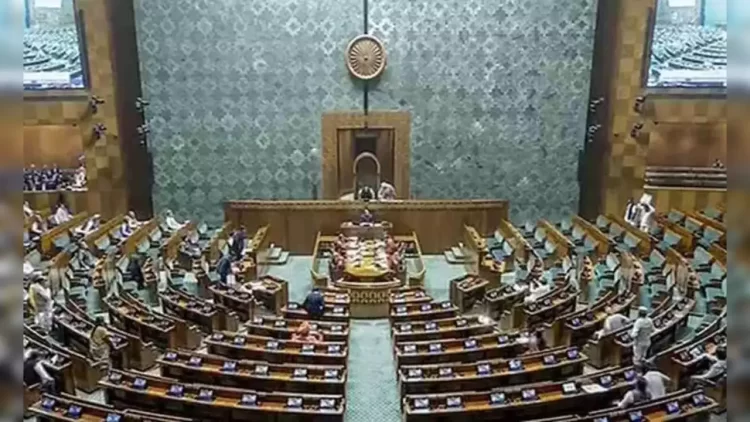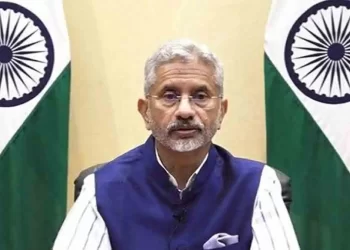The Immigration and Foreigners Bill, 2025, which aims to control foreigners’ entry, immigration, and stay in the nation, was approved by the Parliament on Wednesday. Following debate, the Rajya Sabha approved the bill, which the Lok Sabha had previously approved.
The Bill’s deployment of improved security and surveillance measures is a major component.
Earlier, Home Minister Amit Shah, while speaking about the importance of the Bill in the Lok Sabha, had said: “It will strengthen the country’s security and economy, pave the way to make our education system and universities global, lay a strong foundation for research and investigation in the country and make India number one in the world in every field by 2047.”
He said that immigration was not an isolated issue but many issues of the country were directly or indirectly linked with it. He said that it was very important for the security of the country to know who is entering our borders, when they are entering, for how long they will stay and the purpose for which they are here.
Earlier in the day, the Immigration and Foreigners Bill, 2025, was introduced in the Rajya Sabha by Minister of State for Home Nityanand Rai on Wednesday.
Speaking on the Bill, Shiv Sena (UBT) leader Sanjay Raut asserted that while no one wants to turn the country into a “Dharamshala” (shelter for all), it should not become a jail either. “For the last 10 years, people of this country have been treated like prisoners. Now, this law appears to extend the same treatment to foreigners arriving on valid visas and passports,” he said.
Raut warned that certain provisions in the bill could deter tourism.
“We do not want illegal immigrants, whether they are Bangladeshis, Rohingyas, Americans, or Europeans. When former US President Trump deported Indians living illegally in America, they were shackled and sent back on army planes. If an American is staying illegally in India, he should be deported in the same manner,” he said.
He asserted that more than three crore Rohingyas and Bangladeshis are living in the nation illegally and need to be removed.
He criticized Section 7 of the bill, claiming it gives the Central government the authority to determine a foreigner’s travel, lodging, and meeting places.
“Under this provision, even foreign delegations, journalists, or diplomats would need government approval to meet prominent leaders in India. If permission is denied, such meetings cannot take place,” he argued.
Raut also pointed out that past terrorist infiltrations were not through legal immigration channels. “Ajmal Kasab and his accomplices did not enter with valid passports; they came illegally by sea, undetected. Strengthening the law is necessary, but this bill should be referred to the standing committee for further discussion,” he urged.
However, Ram Chander Jangra, a BJP Rajya Sabha MP, defended the bill by highlighting its importance for national security. He claimed that the security of borders and the prevention of illicit infiltration were limited by earlier immigration rules.
“The new bill streamlines entry into India, travel documentation, visa requirements, and denial of entry where necessary. We aim to make India a hub for medical, educational, and manufacturing activities while ensuring that foreigners visit for legitimate purposes. National security remains paramount, and authorities must have the power to scrutinize travel documents and deny entry if required,” Jangra said.
He highlighted that India offers e-visas to citizens of 169 countries but stressed the importance of empowering authorities to safeguard sovereignty and security. “If there is a threat, officials must have the right to refuse entry to foreign nationals,” he added.
Source: IANS







 Finance
Finance







